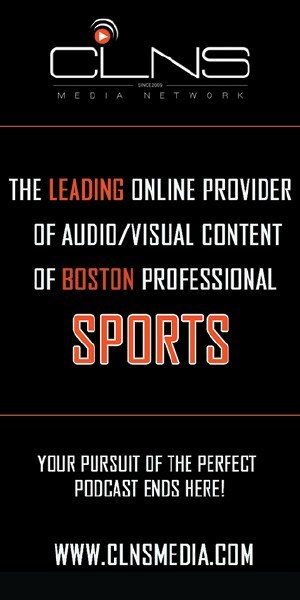The Mortgage Money Maker

HAVE you ever thought of using your mortgage as a financial tool, rather than just a way to buy a house and take on more debt? It is definitely not the first thing that comes to mind when most people think of a mortgage… but as I said in my previous column, if you’re going to have one, you might as well make it work for you.
So, what do I mean by making your mortgage work for you, or using it as a financial tool? In order to answer that question effectively, we need to first cover a few things.
It is widely accepted that owning real estate is a significant part of creating wealth for you and your family. The reasons are endless, but we’ll focus on the idea of equity and how that equity grows over time.
Home equity grows in two ways – 1) paying down the principal balance of your mortgage (the amount you borrowed to buy the home) and 2) price appreciation over time. When both of these work together, it can be like striking gold! Depending on how long you’ve owned a home and what the rate of appreciation has been during that time, the amount of equity you have access to may vary. Full disclosure –the rate of appreciation over the last two and a half years has been unsustainably high. 20%+ year over year is not something that can last. On average we see between 3% – 5% annually, which would be considered healthy.
To simplify the point I’m making, let’s assume you purchased a home for $500,000 and put 20% down, taking out a mortgage for $400,000. Two years later, that same home is potentially worth $600,000 (or more depending on how much appreciation the market has realized) and your loan balance is likely somewhere around $385,000. You now have $115,000 in additional equity, above and beyond the 20% you put down to originally purchase the home!
So, what can you do with that money? That’s the whole point, right? You’ve built the equity, but now what?
The two most straight forward options would be to use a new mortgage to pay off other high interest debt or take a home equity line and borrow that money for an emergency fund, a vacation, another purchase, or anything else that is important to you.
Think about credit cards for a second. The average interest rate on a credit card is anywhere from 14.99%-24.99%. What about an auto loan? Those are usually around 7%, at least on most used cars. Student loans? That’s a topic all by itself, but yes, you can pay off your student loans with a mortgage as well. You could theoretically go from having student loans with no end in sight, to being student loan free in a matter of a month, without spending anything out of pocket.
The point is if you can use some of the hard-earned equity in your home to pay off other debts that typically come with a significantly higher interest rate than a mortgage (even in times of mortgage rates increasing), you have discovered a cheat code to personal finances. By refinancing your mortgage and paying off debt you are eliminating headaches and possibly giving yourself the financial breathing room that otherwise seemed out of reach.
Paying off $50,000 in debt and rolling it into your mortgage might increase your mortgage payment by $250 per month, but what if that debt is currently costing you $500 monthly, or more? You end up net positive overall! You actually SAVE money every month. Take this with a grain of salt, as every individual scenario is different, and there’s no way to guarantee a specific level of savings for everyone. But it’s the concept that is important.
If you have the stomach for it, you can even use the equity you’ve built to buy more real estate. By using rental income from a real estate investment to pay down the mortgage, you are now making your money work for you in ways that can’t be matched. You’ve accessed the equity in a home you already own to use as a down payment on another property, where the tenants effectively pay the mortgage for you. Now you’re building twice the amount of equity in the same amount of time.
EVERY scenario is different, but if you think of your mortgage as a tool that can be used for a variety of other purposes, opportunities will pop up that you had no idea were sitting in plain sight. And, not to sound like a broken record, but if you’re going to have a mortgage, (which, let’s face it, if you want to buy a home you more than likely will have one) why not put it to work?
***

Anthony Lapolla is a seasoned mortgage lender with over a decade’s experience in qualifying his clients at their best rates during real estate purchases. He and his team have built a foundation throughout Boston and its surrounding areas around integrity and transparency that feels like “home” the moment you meet him. Anthony and is wife Meaghan will be celebrating their five year wedding anniversary this fall, and are expecting their first child soon!














